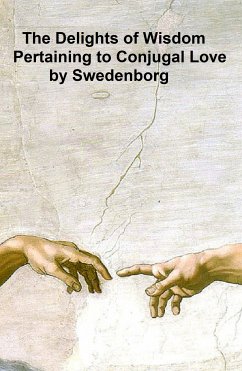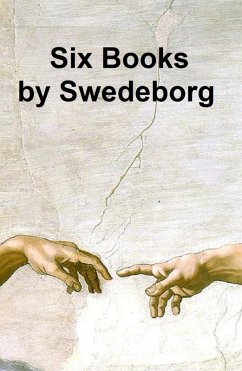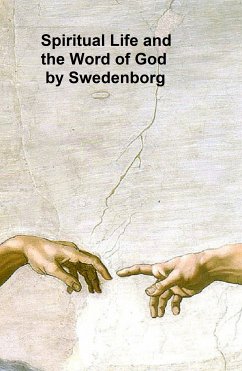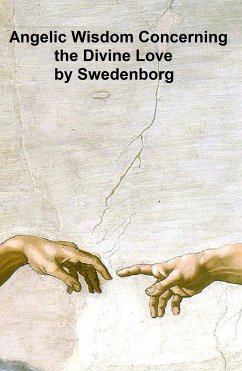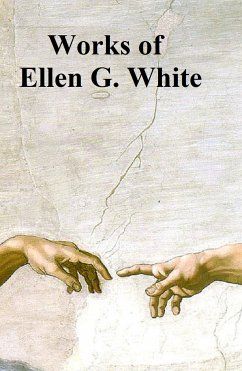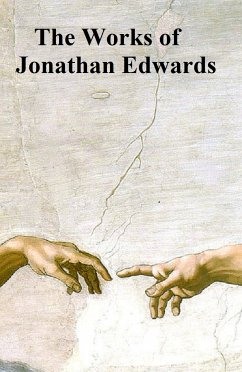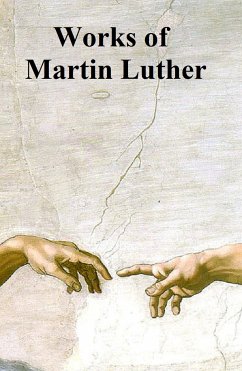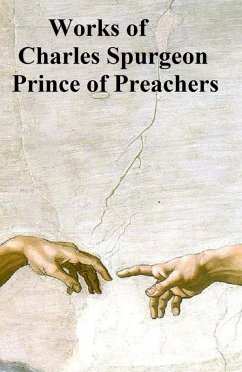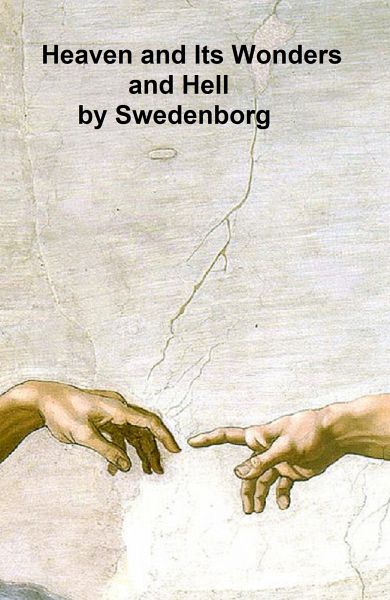
Heaven and Its Wonders and Hell (eBook, ePUB)

PAYBACK Punkte
0 °P sammeln!
According to Wikipedia: "Emanuel Swedenborg (February 8, 1688[1]-March 29, 1772) was a Swedish scientist, philosopher, Christian mystic, and theologian. Swedenborg had a prolific career as an inventor and scientist. At the age of fifty-six he entered into a spiritual phase in which he experienced dreams and visions. This culminated in a spiritual awakening, where he claimed he was appointed by the Lord to write a heavenly doctrine to reform Christianity. He claimed that the Lord had opened his eyes, so that from then on he could freely visit heaven and hell, and talk with angels, demons, and o...
According to Wikipedia: "Emanuel Swedenborg (February 8, 1688[1]-March 29, 1772) was a Swedish scientist, philosopher, Christian mystic, and theologian. Swedenborg had a prolific career as an inventor and scientist. At the age of fifty-six he entered into a spiritual phase in which he experienced dreams and visions. This culminated in a spiritual awakening, where he claimed he was appointed by the Lord to write a heavenly doctrine to reform Christianity. He claimed that the Lord had opened his eyes, so that from then on he could freely visit heaven and hell, and talk with angels, demons, and other spirits. For the remaining 28 years of his life, he wrote and published 18 theological works, of which the best known was Heaven and Hell (1758), and several unpublished theological works. Swedenborg explicitly rejected the common explanation of the Trinity as a Trinity of Persons, which he said was not taught in the early Christian Church. Instead he explained in his theological writings how the Divine Trinity exists in One Person, in One God, the Lord Jesus Christ. Swedenborg also rejected the doctrine of salvation through faith alone, since he considered both faith and charity necessary for salvation, not one without the other. The purpose of faith, according to Swedenborg, is to lead a person to a life according to the truths of faith, which is charity."
Dieser Download kann aus rechtlichen Gründen nur mit Rechnungsadresse in A, B, BG, CY, CZ, D, DK, EW, E, FIN, F, GR, H, IRL, I, LT, L, LR, M, NL, PL, P, R, S, SLO, SK ausgeliefert werden.





